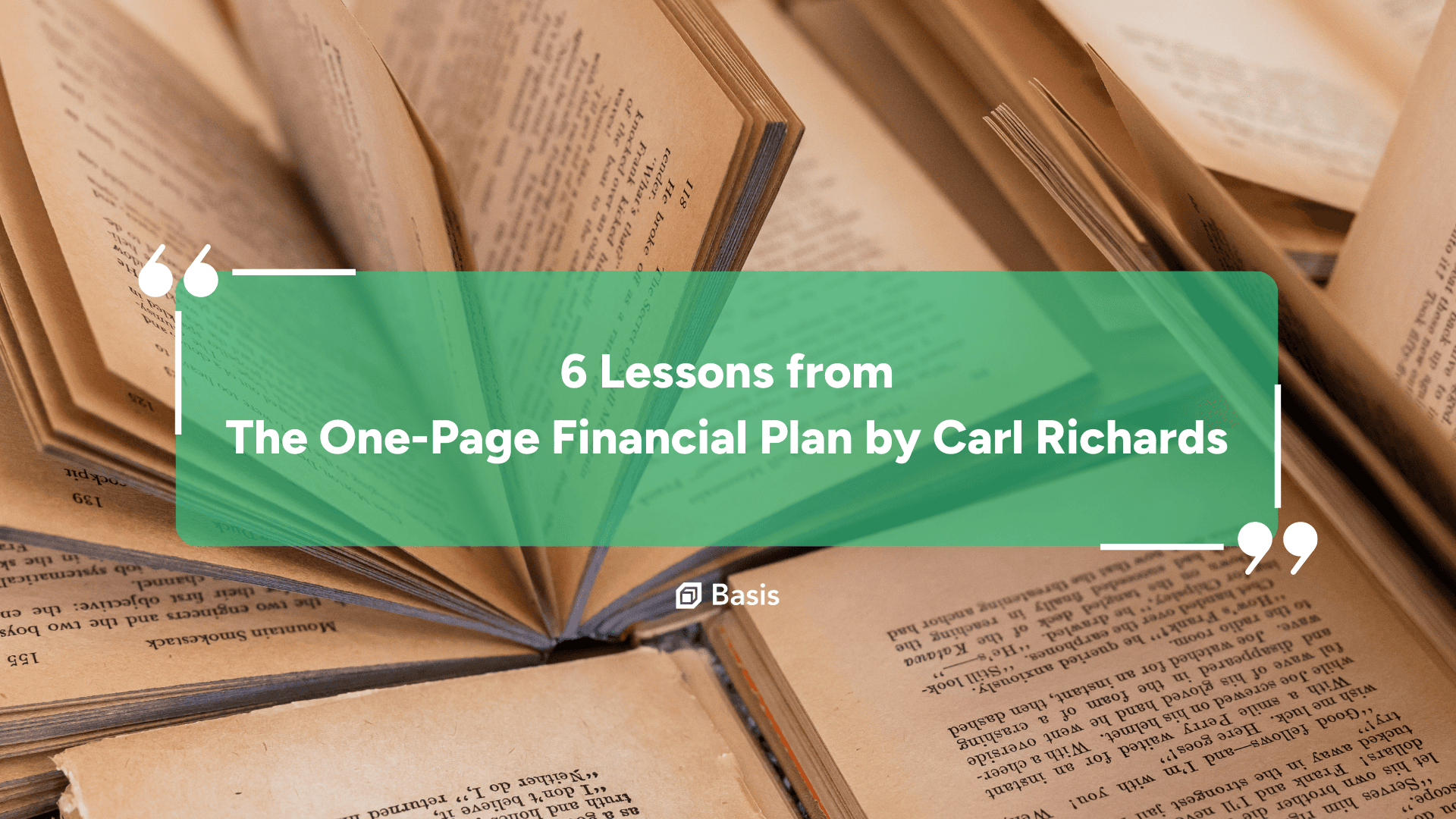WTF is happening with Debt Funds?
News
|
Mar 27, 2023
Hola. Here’s the TLDR version: debt funds no longer have indexation benefits. But, WTF does that mean, and how does that affect us and our long-term investments? We’re simplifying it here for you, Basis style. In three bullet points.
🆕 A new Finance Bill was passed, which mentions: From April 1st, there will be no long-term tax benefits for funds that invest less than 35% of their corpus in Indian equities.
😀 The before version (which applies to all investments done before this Saturday, April 1st, 2023): if you sell your debt funds after 3 years of holding them, you are taxed at 20% on the gains (called long term capital gains since it’s over 3 years), AFTER factoring in inflation. So, effectively, you’re paying a tax rate of something much lower than 20%. Sweet! Debt funds made for a decent long term, low risk investment with a nice tax benefit.(PS: if you sold the debt fund within 3 years, your gains are taxed as per your income tax slab)
😓 The after version (April 1st onwards): the new bill now states that debt funds, and any funds that invest less than 35% in equities (this includes stuff like gold funds and international funds), no longer enjoy the indexation benefit. Remember that nice part in the point above, where you pay taxes AFTER factoring in inflation rates? Well, that’s gone.
💀 Poof. Done. Finished. Terminado. Instead, all your gains will be taxed as per your income tax bracket. No impact of inflation anymo’.
That’s it. That’s the update. Like many changes happening in our financial ecosystem, this one too came out of nowhere and shocked folks in finance. What does this mean for you?Well, nothing for your existing investments. Carry on as you had planned. For upcoming investments, consider our good ol’ buddy - the FD - over debt funds. FDs have a decent rate of interest currently, are risk-free, and are taxed at your income tax bracket anyway. But, they do have their restrictions like a lock-in period and tax deducted at source (TDS). As always, understand what your requirements are in terms of how long you can stay invested, what taxes may be applicable on your returns and your risk appetite. 🤷♀️ Questions? Ask away on the community.
Read More
Unleashing Alexis Rose's PR Magic: Building Her Own Empire
Mar 27, 2023
Unlocking your go to guide to navigate Gold 🌟
Mar 27, 2023
Investing in Gold 101 - A handbook on why, and how to invest in Gold
Mar 27, 2023
Is Taylor Swift REALLY saving the US Economy?
Mar 27, 2023
6 Lessons from The One-Page Financial Plan by Carl Richards
Mar 27, 2023
5 Reasons You Need a ̶P̶r̶e̶p̶a̶i̶d̶ Power Card
Mar 27, 2023







